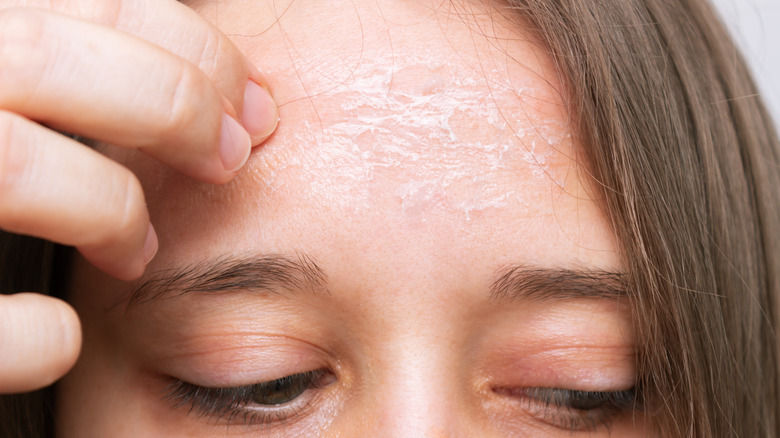Pregnancy Glow or Hormonal Rollercoaster? What’s Really Happening to Your Skin
- MedWords Editorial

- Jul 28, 2025
- 2 min read
Updated: Jul 29, 2025

They call it the “pregnancy glow”, that radiant, dewy skin that makes everyone say, “You’re glowing!” But if you’re dealing with unexpected breakouts, dry patches, or mysterious pigmentation, you might feel like your skin didn’t get the memo. The truth is, pregnancy affects every woman’s skin differently, and there’s real science behind it.
The Science Behind the Glow
During pregnancy, your body is flooded with hormones like estrogen, progesterone, and human chorionic gonadotropin (hCG). These hormones:
• Increase blood circulation, giving your skin a slightly flushed, luminous look.
• Boost oil gland activity, which can make skin appear more hydrated and radiant.
• Retain more water, plumping up the skin naturally.
This combination is what creates the classic “pregnancy glow” that many women experience, especially in the second trimester.
When Hormones Go the Other Way
Not everyone gets that glow. For some, hormones trigger skin issues such as:
• Acne and breakouts: Increased oil production can clog pores.
• Melasma (“mask of pregnancy”): Dark patches, usually on the face, caused by hormonal surges.
• Dryness or itching: Some women experience parched skin or mild rashes.
• Stretch marks: As the belly grows, skin stretches and may develop red or purple streaks.
These changes are common and temporary but can impact confidence during pregnancy.
Safe Skincare During Pregnancy
Not all skincare products are pregnancy-safe. Dermatologists recommend:
• Cleansing gently: Use mild, sulfate-free cleansers.
• Moisturizing: Hydrated skin stretches better and feels more comfortable.
• Using sunscreen: To prevent melasma from darkening under UV rays.
• Avoiding retinoids and strong acne medications: They can be harmful during pregnancy.
• Opting for natural remedies: Aloe vera or coconut oil can soothe irritation safely.
Boosting Your Natural Glow
• Eat nutrient-rich foods: Omega-3s, vitamin C, and antioxidants support healthy skin.
• Stay hydrated: Helps maintain skin elasticity and flush out toxins.
• Sleep when you can: Rest gives your skin time to repair and rejuvenate.
• Practice stress management: Gentle yoga or meditation can help regulate hormonal fluctuations.
Postpartum Skin Changes
The glow doesn’t always stick around. After delivery, hormones drop rapidly, sometimes causing dryness, hair loss, or even postpartum acne. With time and proper care, most skin changes fade and balance returns.
Bottom Line
Pregnancy glow isn’t a guarantee; it’s a mix of hormonal magic and individual skin responses. Whether you’re glowing or managing breakouts, know that these changes are natural, temporary, and part of your body’s incredible process of growing new life.



Comments